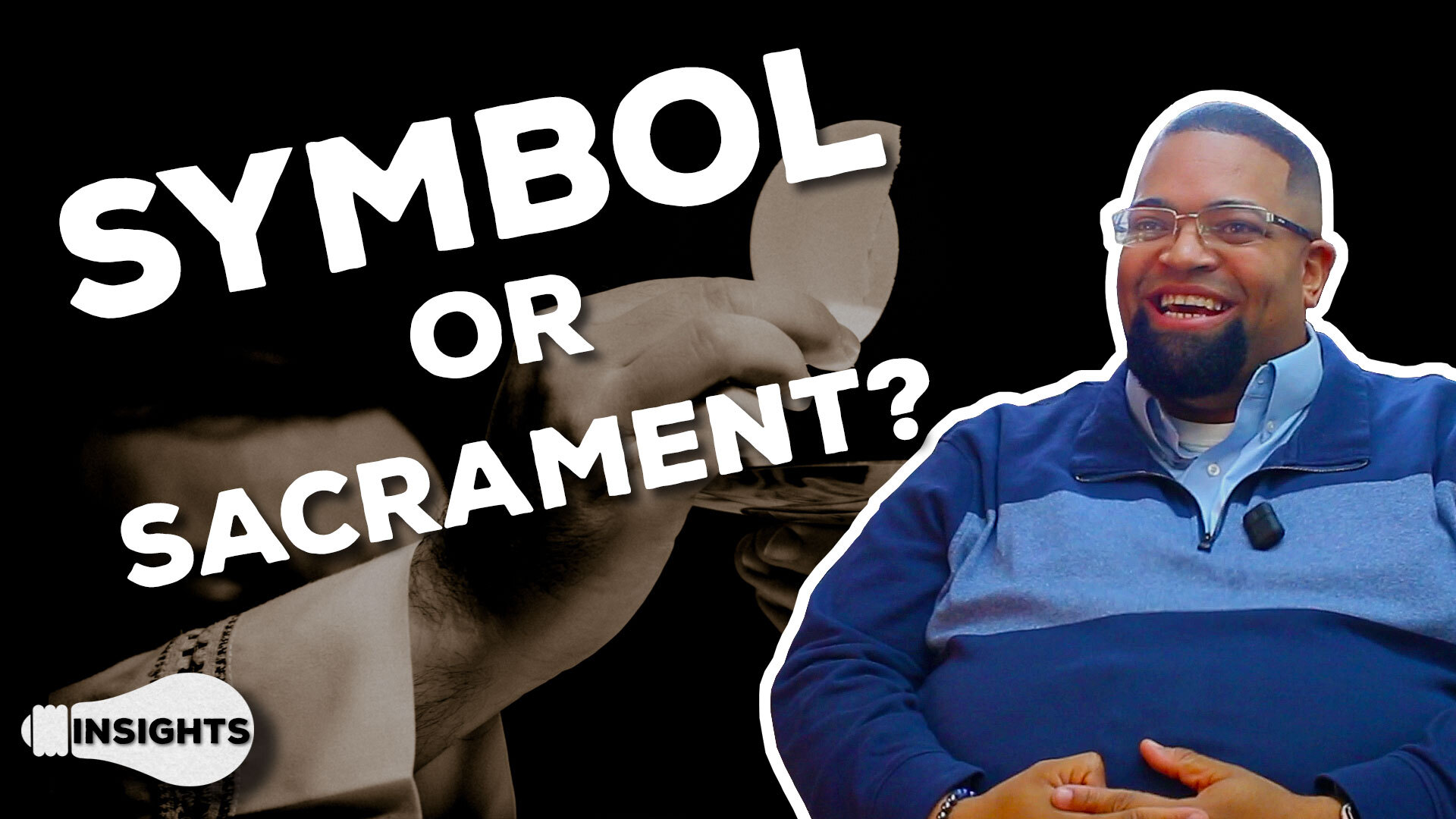

#Jehovah witness and catholic relationship how to#
"Our role is to help doctors and Jehovah's Witnesses to come to a consensus on how to treat the patient without breaking God's law," explained Stephen Whiteman, a Hospital Liaison Committee member from Canada.īut consider the case of Éloïse Dupuis, a 27-year-old Jehovah's Witness who died giving birth to her first child in Canada in October 2016. The five-minute video used a succession of talking heads to praise the work of HLCs. First emerging in the late 1970s and early 1980s at the direction of the Witness leadership, the goal of an HLC is singular: to enforce the prohibition on blood in the hospital ward by ensuring the "personal choice" of the stricken Witness patient is respected by doctors even if it results in the patient's death.Įarlier this year, a video was uploaded to JW.org - the official Jehovah's Witness website - titled Organizational Accomplishments - A Loving Provision for Times of Distress. While writers and directors have been romanticising the blood transfusion dilemma in hospital and courtroom dramas, these individuals have been quietly working away in the background to establish a foothold in nearly every NHS trust, so when a Jehovah's Witness is hospitalised with a likelihood of treatment with blood they can immediately spring into action to create a presence at the bedside and ensure martyrdom is achieved once all alternatives are exhausted.Įnter the Hospital Liaison Committees, or "HLCs". There is an ominous third party on the scene. What many do not understand is that there is more to this dilemma than individual Jehovah's Witness patients and their resolve to refuse blood clashing with the impulse of doctors and nurses to prevent death wherever possible. Thankfully there are numerous cases around the world of judges duly intervening when parents try to resist the advice of doctors in such instances. No parent should be allowed to use their personal religious beliefs as a pretext to deny their child life-saving treatment.

When minors are involved, most would agree that the dilemma diminishes significantly. Nearly all fictional approaches to the Jehovah's Witness blood prohibition grapple with the enormous ethical dilemma of respecting the religious rights of the individual while doing everything possible to preserve human life. Since 1945 when the religion decided that Biblical injunctions on eating blood also applied to using it medically, the controversial teaching has been fodder for some compelling fictional narratives - notably including Ian McEwan's novel The Children Act. If you know anything about Jehovah's Witnesses, you will know the religion prohibits blood transfusions. Committees of Jehovah's Witnesses who encourage patients to refuse treatments involving blood are seeking influence in hospitals – and many NHS trusts are holding the door open for them, writes Lloyd Evans.


 0 kommentar(er)
0 kommentar(er)
